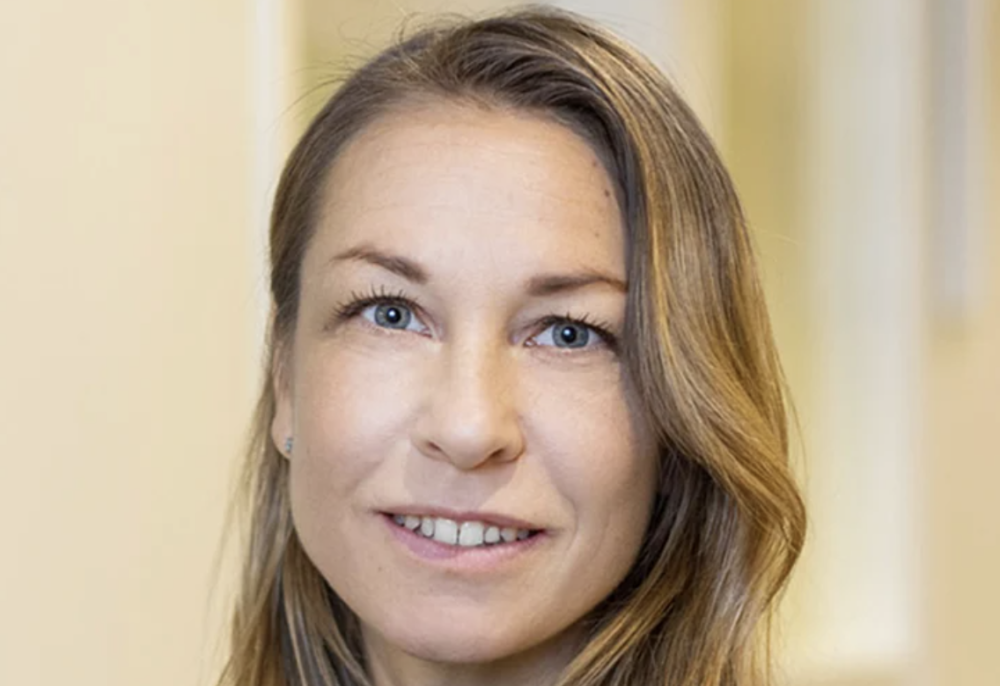Advertisement
Nordic COVID-19 studies provide new insight

Two ongoing research studies funded by NordForsk are providing new knowledge about COVID-19 related to pregnancy and mental health.
The Nordic countries have similar welfare systems, access to high-quality health data, and publicly funded health services. Together with citizens’ trust in research, this all represents a particular strength in this context, describes NordForsk.
Five collaborative projects
Five collaborative projects on health data research relating to COVID-19 were initiated under the auspices of NordForsk. The initiative is co-funded by all five Nordic countries and Estonia.
“This shows how the Nordic countries are leading the way in research on health data. In these cases, the researchers produced important results in a short space of time, for the benefit of the medical world and society as a whole,” says Director of NordForsk, Arne Flåøyen.
Increased risk of long-term negative effects on mental health
The project “Mental morbidity trajectories in COVID-19 across risk populations of five nations” has shown that serious COVID-19 infections are associated with an increased risk of long-term negative effects on mental health.
Researchers examined long-term implications for mental health in patients who were bedridden for more than seven days after being diagnosed with COVID-19. Researchers from Iceland, Norway, Sweden, Denmark, and Estonia have been involved in the research project.
The research results have been published in The Lancet.
Vaccine does not increase risk of pregnancy complications
This is the result of another NordForsk study “Scandinavian studies of COVID-19 in Pregnancy”. Researchers from the National Institute of Public Health in Norway and the Karolinska Institute in Sweden – in collaboration with the University of Copenhagen, the University of Bergen, and the Statens Serum Institut – joined forces in the project to investigate whether the coronavirus vaccine poses a risk of complications for pregnant women.
The study looked at 160,000 pregnancies between May 2021 and January 2022. The researchers examined whether the pregnant women were at a higher risk of complications such as premature birth, stillbirth, and low foetal growth. No increased risk was found for any of the pregnancy complications examined.
The project has also demonstrated that infants are protected against COVID-19 up to the age of four months if their mother was vaccinated during her pregnancy.
Photo: iStock
Published: June 29, 2022
Advertisement











